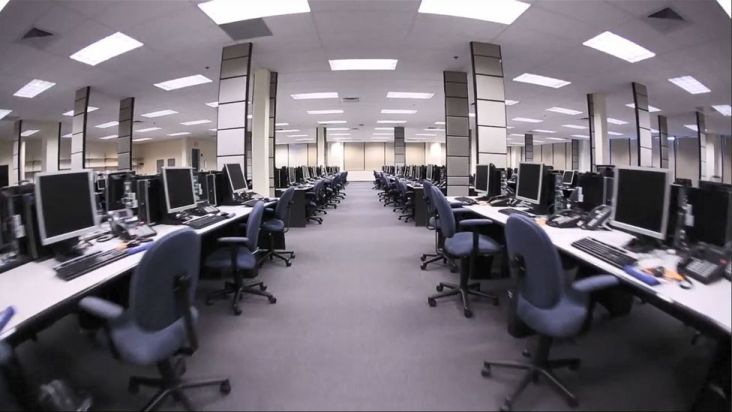Before the arrival of COVID-19, most businesses were prepared for disaster – just the wrong type. Companies were ready for power cuts, hurricanes, data theft, and flooding. But relatively few even considered the notion that a pandemic could wipe out their operations.
Then COVID-19 arrived, and governments all over the world told non-essential businesses to shutter their operations. As we speak, thousands of executives and staff are sitting home idle, wondering whether they will be able to return to work in the future.

The coronavirus has been described as a black swan event by some – an unanticipated and unknown risk that suddenly arrived and derailed economic activity. But Nassim Taleb, the man who first drew the world’s attention to the concept in the wake of the 911 terrorist attacks, says that what we’re witnessing right now is a “white swan” event. In other words, it was unlikely, but many people predicted would eventually happen.
Factories And Downtime
The current pandemic is wreaking havoc on global supply chains. Companies are having to rely on using fewer parts for manufacturing their goods, or scrapping old designs entirely and starting again. Just-in-time distribution strategies meant that once China stopped exporting goods, factories in other countries had practically zero inventory to tide them through. The world’s economic system was too fragile, and now that is clear for all to see according to ft.com. All it took was a couple of ships not to arrive on time, and the economies of some Asian countries clunked to a halt.
The Healthcare Industry Cannot Afford Downtime
The healthcare industry is one such sector that cannot afford any downtime at all. But even it is struggling to get the resources it needs to cope with the high level of demand. As Cbeuptime.com points out, there’s a tremendous need for systems that can deliver compressed air to storage cylinders for COVID-19 patients, as well as personal protective equipment.
For many people, the current goings-on in the healthcare industry is a lesson in scarcity. While mass production can make a lot of goods cheaply, people are learning that you can’t ramp up production a hundred-fold in just a couple of days. It doesn’t work like that. Kitting out factories takes time.
Perhaps this is why we’re seeing the government increasingly call on small and medium-sized firms in the private sector to enter the market. There is capacity out there – it’s just not being used right now.
Where Do We Go From Here?
A year ago, very few bosses were focusing on downtime mitigation. Now it is the top item on the agenda. To put it bluntly, companies that successfully ride out this storm with healthy balance sheets will be those that survive. Those that don’t will fail.
The topic of downtime mitigation will never be the same again after this episode. We will see a shift in operating models more towards having people work from home. And we will see more companies building up their cash reserves so that they can ride out lockdowns, should another one occur in the future. Inventories will also grow. It is a big change.
